Compare SBS vs APP Modified Bitumen for Houston
By Shantell Moya · 2 months ago · 13 min read
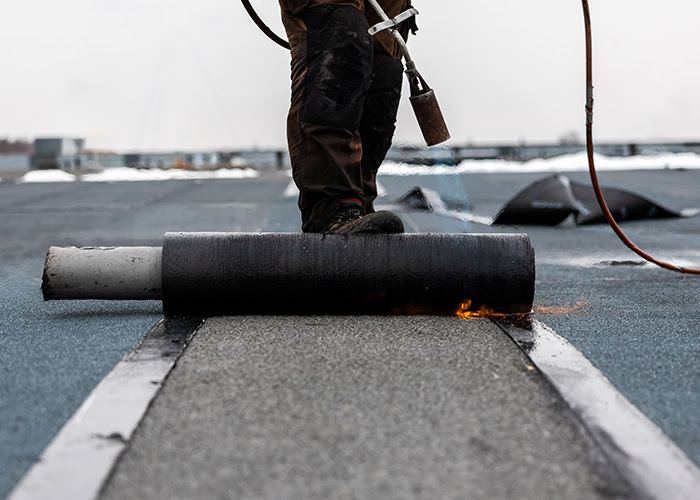
APP membranes are very stable even when roof surfaces climb past 180 degrees during those brutal Houston summers. These membranes don’t start to soften until they hit about 300 degrees Fahrenheit. SBS membranes soften at around 200 degrees, and it’s a pretty significant gap. But SBS can stretch as much as 1500% before it breaks – it’s almost twice what APP can manage, and this extra flexibility really matters when hurricane winds start to make buildings move and flex. Back in 2011, Houston had that infamous heat wave with 46 straight days above 95 degrees. That extreme weather exposed some serious performance differences between these materials, and it changed which products contractors preferred throughout the city.
The installation process for each material couldn’t be more different. APP needs a torch-down application, which means you need dry conditions – it’s a big problem in a city that gets measurable rain on about 90 days of each year! SBS gives you more flexibility because it comes with cold-adhesive and self-adhering options. These alternatives mean that you can work around those afternoon thunderstorms that pop up all the time in Houston. Fire marshal restrictions also make APP installations even more complicated in some districts, like the Medical Center. Even with these installation challenges, APP usually lasts 25 to 30 years here. SBS usually gives you about 15 to 20 years in our climate.
Let’s talk about how these materials are actually used on Houston roofs, and also how well they do when exposed to everything that our weather can throw at them!
Two Types and How They Work
Modified bitumen roofing breaks down into two different types that Houston contractors install all the time. The first one has SBS polymers mixed into it and makes the membrane stretchy and rubber-like, so it can bounce back after it gets bent or pulled. The second type has APP polymers, and these create a plastic-based sheet that stays pretty rigid but deals with heat much better than the SBS version.
The reason that they act so differently has everything to do with how these polymers blend with standard asphalt. SBS polymers create these really long chains that wind through the bitumen like threads, and that’s what gives you that elastic, rubbery quality. APP polymers do something different, though. They actually turn the asphalt into something that acts more like plastic because of the way that their molecules bond together. These two methods produce strong roofing materials. But when the Houston temperatures start climbing into the triple digits, they each respond in their own way.
The backstory on these materials actually tells you quite a bit about why they work the way they do. European firms came up with APP polymers in the 1960s because they needed something that could stand against the Mediterranean sun and heat without breaking down. SBS polymers came from a different place (the tire rubber industry), where the main goals were flexibility and long-term durability. Going through any supply yard in Houston, you’ll feel how different these two materials are just by touching them.
Every big Houston supplier stocks these two types because contractors all have their own preferences based on what they’re comfortable installing. Big manufacturers like Soprema and Johns Manville produce each type since different projects call for different options. The grade and thickness options vary quite a bit between manufacturers and product lines, too, so there’s plenty to choose from.
Houston’s brutal summer heat puts these materials to the test. Roof surfaces usually hit 180 degrees F or hotter during July and August, and that’s where you see the difference between APP and SBS. APP’s plastic properties help it hold its shape even in extreme temperatures. SBS’s rubber-like nature also lets it expand when it gets hot and contract when it cools down without cracking or tearing.
Weather Challenges and Your Material Options
Houston weather is unpredictable, and it really doesn’t matter what your roofing schedule looks like. The morning could be great for work, and then right around 2 in the afternoon, the rain just starts pouring down. We get about 90 days of measurable rain each year in this city – that’s a whole lot of days where crews have to stop what they’re doing and pack up all their equipment and then go home with the job half-finished.
APP modified bitumen is one of the materials that really has to have dry conditions if you want to torch it down the right way. There’s actually no way around this requirement. The material just won’t stick right if you try to heat it with a torch, and the humidity is too high. The adhesion problems are immediate, and they’re big. And after any rain at all, you have to wait for the entire roof deck to dry out before crews can even start work again.
SBS modified bitumen is a different story because it gives you a few ways to work around bad weather. Perfect conditions mean you can torch it down in just the same way that you would with APP. The difference is when rain is coming, and you need a different strategy. Cold adhesive works great in a pinch. Self-adhering sheets are another solid choice. Hot mopping is also on the table, though most contractors around here usually save that particular strategy for the cooler months when it’s more comfortable. All these different installation methods mean fewer lost workdays and steadier progress on your projects.
Fire restrictions make everything even more complicated in some parts of Houston. The Medical Center has very strict policies on open flames on any rooftop. The Energy Corridor is the same way. Some building owners won’t let you bring a torch anywhere near their property, no matter what. With APP, that kills the entire project before it even starts. But SBS lets you pivot to a different installation method, and the project stays moving forward on schedule.
Local roofing crews have developed their own strategies after years of dealing with these exact problems. A lot of them will start APP installations right at sunrise because they know that they have maybe 6 or 7 solid hours of work before the weather turns into a problem. The problem is that crews with this type of experience are becoming harder and harder to find. Houston’s construction boom has been going strong for years now, and the skilled workers are spread very thin. Most of the contractors now are working with much less experienced teams than they’d like.
How Your Roof Performs During Major Storms
Houston has seen some pretty brutal hurricanes over the years, and each one has been a real test for every commercial roof in the city. Harvey hit us back in 2017, and Ike came through in 2008. Buildings actually move and flex during these extreme weather events in ways that most property owners have never even considered. Modified bitumen roofing materials actually prove their worth during these kinds of storms, and the differences between SBS and APP become pretty apparent.
SBS modified bitumen can stretch as much as 1500% before the material fails. APP modified bitumen can only reach about 800% elongation at its absolute maximum. Now that might just sound like numbers on a spec sheet. But the difference matters when hurricane-force winds make your entire building sway back and forth for hours on end.
The aftermath of Hurricane Harvey revealed some interesting patterns across the city. Roofing contractors all over Houston were comparing their damage assessment reports, and the results were fairly similar. SBS membranes had actually stretched and moved along with the buildings while still maintaining their integrity. APP installations told a different story, though – especially at the most vulnerable points on each roof. Stress cracks had developed around the flashings and the pipe penetrations because the membrane couldn’t flex enough to accommodate that movement.
Laboratory testing shows that both materials can achieve FM I-90 ratings for wind uplift resistance. The Insurance Institute for Business & Home Safety runs these tests all the time. The problem is that controlled lab tests only capture a small part of the performance picture. Materials behave very differently under the continuous hurricane winds that continue for hours compared to the short controlled tests in a facility.
The weather patterns in Houston also create another challenge that property owners don’t always think about. Cold fronts usually sweep through and can drop temperatures by 30 or 40 degrees in just a few hours. This dramatic temperature swing happens throughout hurricane season from June all the way through November. A membrane that can maintain its flexibility through these quick temperature changes is going to hold up much better when the next big storm rolls through.
Which System Costs Less Over Time
The actual cost comparison between these two roofing systems shows some interesting numbers when you dig into the specifics. APP modified bitumen usually stays in decent shape for 25 to 30 years in Houston’s climate. SBS usually needs replacement after just 15 to 20 years. This big difference in lifespan comes from how well each material can stand against our brutal sun exposure and those dramatic temperature swings that happen between scorching afternoons and cooler nights.
APP does cost roughly 10-15% more than SBS when first installed. Property owners sometimes pause at that initial price difference, but the long-term economics show APP saves more money over time. Big property management firms throughout Houston track their maintenance costs, and the data usually shows that APP requires far fewer repairs as the years go by. This matters especially for those massive warehouse complexes along Beltway 8, where even simple roof access needs specific equipment and safety protocols.
Energy efficiency is another area where the numbers get interesting. White APP membranes can cut cooling costs by 15-20% based on Energy Star’s latest data. In a city where air conditioning systems run non-stop from March through November, this translates into actual money saved on utility bills year after year. Large institutional property owners also review these roofing decisions through a different lens than smaller building owners usually do.
Big buildings at the Texas Medical Center have to think about the massive operational disruptions from frequent roof maintenance. They need roofing systems that can go decades with minimal intervention because they just can’t have repair crews disrupting their critical operations every couple of years.
These two materials each experience UV degradation over time, but APP shows better resistance to our punishing summer sun. The thermal cycling, where roof surface temperatures can swing 50 degrees or more between peak afternoon heat and overnight cooling, creates different stress patterns in each material, and APP deals with these extreme fluctuations better.
Houston Code Requirements for Your Roof
Houston shifted its approach to commercial roofing once the 2020 International Building Code was finalized. The new standards are much more demanding than before, and they have a big effect on which modified bitumen material makes the most sense for your particular project. The wind resistance standards in particular became much more stringent after the recent hurricanes that hammered the Texas coast.
SBS and APP modified bitumen pass the baseline code requirements just fine, and that’s great news for building owners. The Texas Windstorm Insurance Association actually has a credit program for properties that exceed the minimum standards, though. SBS modified bitumen tends to score better in the higher performance tiers mainly because the material can maintain its flexibility even when the weather gets extreme. APP can reach those same performance tiers as well, but it typically needs extra reinforcement layers to get there.
Energy requirements bring their own set of considerations into the mix. Any commercial building in Houston that exceeds 10,000 square feet has to have a cool roof system installed. You’ll either apply reflective coatings or select granules in lighter colors to meet the thermal standards. Each of the modified bitumen types can accept cool roof coatings without any problems, though the SBS tends to maintain a stronger bond with these coatings as the years go by.
The City of Houston’s Green Building Resource Center evaluates modified bitumen systems from a wider sustainability perspective. Their team considers multiple factors when they calculate sustainability credits for a project. The manufacturing methods matter to them, and the expected service life of the material matters quite a bit in their final recommendations, too.
Fire codes can also make the material choice a headache in some parts of Houston. A few neighborhoods have banned torch-down installation methods. This takes APP off the table for those areas. You could technically still use APP with cold adhesives, but most contractors don’t want the extra hassle and expense. The SBS gives you much more flexibility in these restricted zones. The contractors can work with hot asphalt or cold adhesives from day one.
Hurricane Harvey changed the way Houston deals with storm-resistant construction. City council members are already developing new requirements that would favor roofing materials with a proven track record in storms.
A Secure Home Starts with a Solid Roof
All the information about APP and SBS modified bitumen is a lot to take in – but choosing between them becomes much simpler when you know what each material does best for Houston properties. These two materials have protected local buildings for decades now, and they continue to prove their worth in our tough climate. The right choice for your property depends on the benefits that matter most to you and what your building needs.
APP modified bitumen could be your best bet if long-term performance ranks high on your priority list and the early cost isn’t a big concern. This material handles our relentless Texas summer sun and extreme heat very well, and it just keeps performing year after year without needing much attention or maintenance. SBS modified bitumen gives you different benefits that some property owners find more valuable. The installation window is much more flexible with SBS, and the material itself has properties that make it especially suitable for hurricane season. The way it bends and flexes helps to protect your building when those big Gulf storms come through.
The success or failure of either material depends on the installer’s knowledge of Houston’s weather patterns and conditions. Even the highest quality roofing material won’t perform as it should if the installation doesn’t account for our climate challenges. Your contractor needs to know how our afternoon thunderstorms can affect the installation schedule and which attachment methods will give the best protection in hurricane zones. Experience matters too for understanding how these materials age under our particular combination of intense heat, high humidity and non-stop UV exposure. Manufacturers continue to develop better formulations specifically for Gulf Coast conditions, and the local contractors who stay current with these improvements can pass those benefits on to their customers.
Roof Republic does commercial and residential roofing all over Greater Houston from our Texas headquarters. We work with these materials every day in Houston’s tough climate, so we know how they perform. Our team can check out your property and help you decide which modified bitumen system will work best for what you need. We also take care of the entire process from consultation through installation and maintenance.
Contact us for a free inspection, and we’ll help you find the right roofing option for your property.

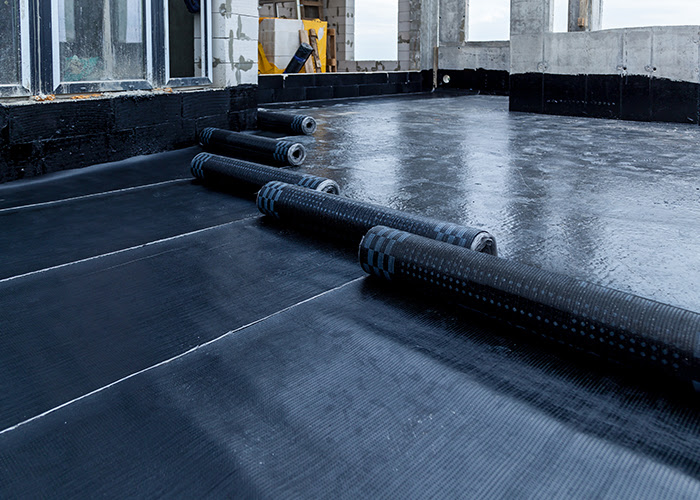
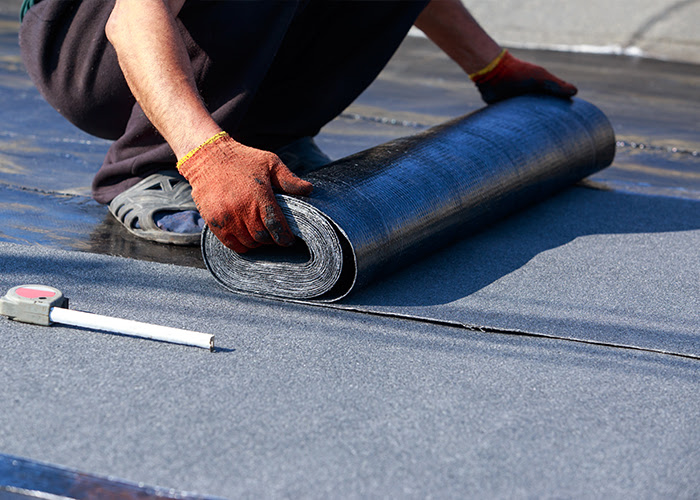
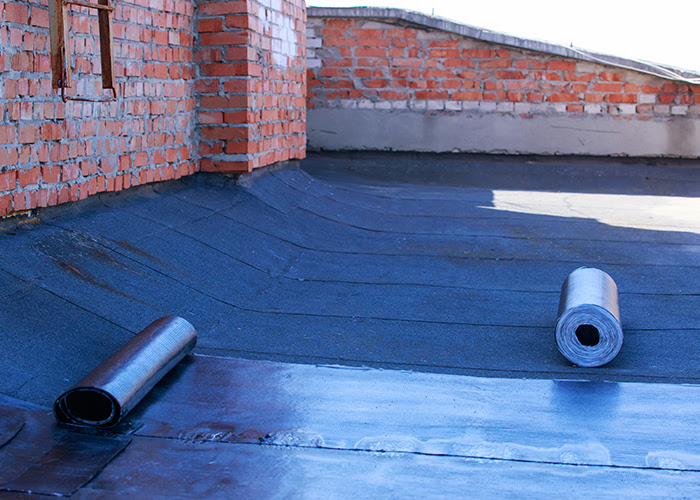
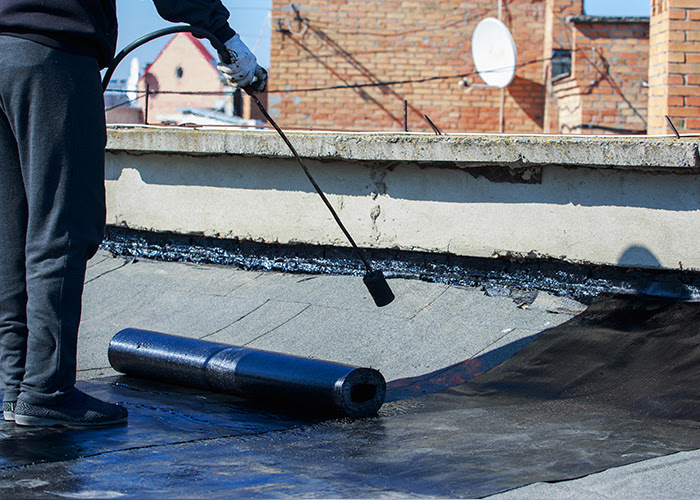
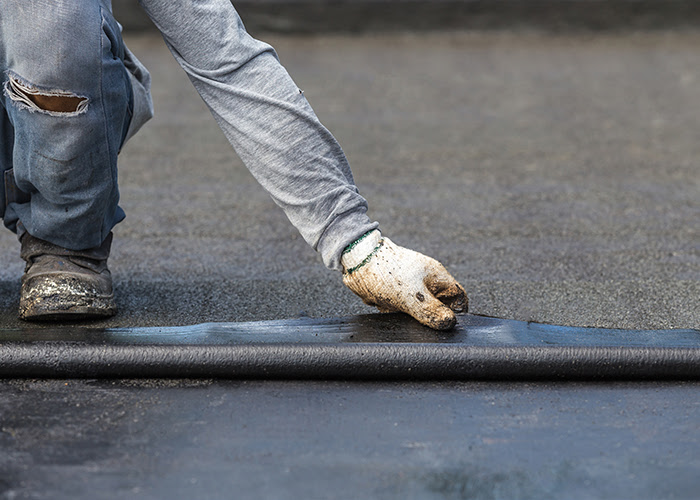
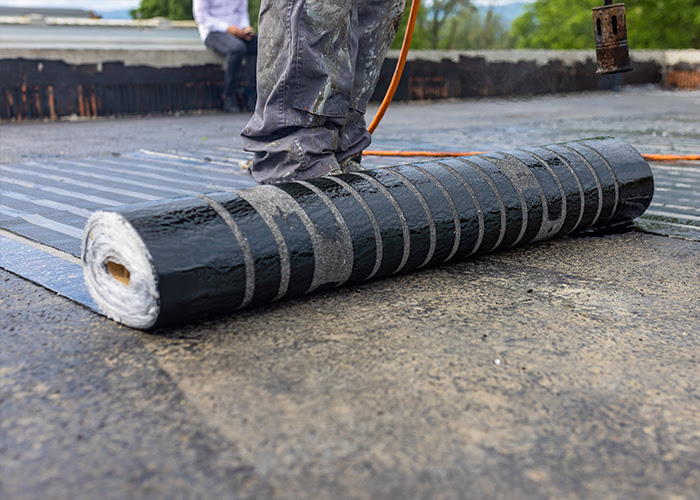
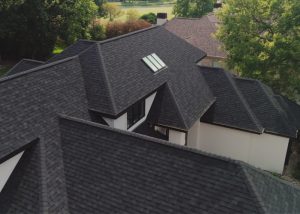
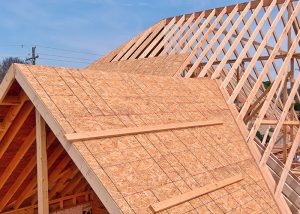

Comments
Sort by: